Russia: grail or graveyard for SMEs?
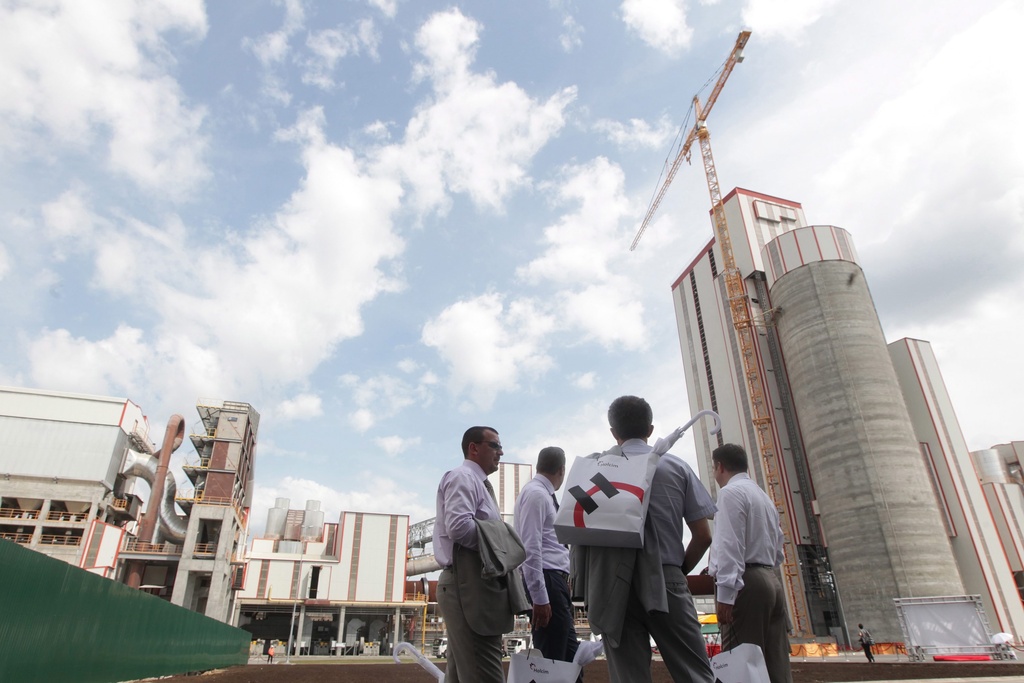
Multinational Swiss companies have conquered the challenging Russian market, but many smaller firms are still put off by overbearing bureaucracy and corruption.
With no way of accurately measuring how far or how fast Russia’s economic reforms will go, small and medium sized enterprises (SMEs) have to play a smart game to avoid losing their investments.
There are around 150 Swiss companies with a physical base in Russia employing some 75,000 people, according to official Swiss statistics. But the number swells to 600, according to the Russian side when it comes to Swiss firms that conduct trade with Russia, regardless of whether they are present within the country.
If these numbers are correct, then many Swiss SMEs are already present in the market, undeterred by the difficulties.
One such Swiss SME, Faes, builds machines that can process, laminate and slit numerous types of foil at high speeds. Specialist thin foils are increasingly being used in a variety of sectors, such as food packaging and labeling on a variety of appliances including smart phones.
Local knowledge
“The market in Russia is being driven by the expansion of fresh food being sold in rural areas,” Faes chief financial officer Matthias Weibel told swissinfo.ch. “There is an increasing demand for foil packaging to keep this food fresh.”
Faes sold its first precision machine in Russia 20 years ago and Weibel said the company has not been troubled by corruption that is considered endemic in the country.
“We have an excellent distributor in Russia, but many of our machines are exported direct to the customer,” he said. “We take the machine up to the border and the customer then completes shipment. Local firms know which border points will give them the least problems.”
But with the Russian administration focusing its economic efforts on large energy suppliers, life is not always so simple for domestic SMEs.
Boris Titov, chairman of the Business Russia lobby group for SMEs, complained to Swiss business delegates at a Moscow trade mission this week that the manufacturing and machinery sectors often get overlooked.
“Many foreign firms coming to Russia say that the main problem is corruption and bureaucracy,” he said. “But the biggest problem is that it is not efficient to produce here. Costs are high, markets are weak and the tax situation is very difficult.”
SMEs overlooked
Titov gave the example of the social security payments that companies contribute for their staff, which leapt from 26 per cent to 34 per cent in one fell swoop last year. Although this looks set to be reduced to 30 per cent after firms complained, Titov said the jump reflected the unpredictability of the tax system.
Frank Schauff, chief executive of the Russian-based Association of European Businesses, told swissinfo.ch that foreign SMEs were gradually filling the vacuum left by domestic firms in the high tech industrial sector.
Nine out of ten foreign firms entering the market have been successful, he said, but only because they had done their homework and had included the inevitable delays in their calculations.
“SMEs need to have a lot of patience,” he said. “A company building on a greenfield site might have to wait for two years before they are finally connected to gas, electricity and water supplies, despite promises being made.”
“This delay could kill an investment or, in the case of smaller SMEs, the company itself.”
Advantage China
Bruno Zuppiger, President of the SMEs Association, told swissinfo.ch that Russia held great potential for many small firms that specialised in the alternative energy, environmental, construction and machine building sectors.
He cited a major Swiss managed construction project in Moscow that is equipping villas with many Swiss quality interior facilities, from flooring to woodwork and bathrooms.
“Everywhere I travel I can see examples of infrastructure that needs upgrading and which would benefit from Swiss know-how,” he told swissinfo.ch.
But Russia received lower marks than China when it came to a political and administrative system that encouraged foreign investment.
“At present, there are greater possibilities in China where the business climate is more open to companies coming in with new ideas,” Zuppiger added. “The administration supports these ideas and gives companies a chance to make something of them in the Chinese market.”
Swiss politicians, such as Economics Minister Johann Schneider-Ammann, are encouraging Russia to lower import barriers and give foreign firms a level playing field.
“As a former entrepreneur I know that as long as the boss of a company is not persuaded that they are going to get lucky then nothing happens,” he told swissinfo.ch. “We would be happy with a reduction in the bureaucracy and for intellectual property protection to be strengthened through the proposed free trade agreement.”
Several global indictors reveal how far Russia must come to improve its international standing as a country in which to do business.
Russia was ranked 154th by the 2010 Transparency International corruption index, just 24 places off the bottom spot of the 178 countries surveyed.
The World Bank’s 2011 Doing Business survey ranked Russia 123 out of 183 countries in terms of how easy it is for entrepreneurs to prosper.
Russia scored badly in the fields of paying taxes, trading across borders, starting and closing businesses.
The World Economic Forum’s global competitiveness index places Russia at 63rd place out of 139 countries.
“Over the past year, Russia has seen a negative trend in its competitiveness performance,” a WEF report on Russia stated in June.
“The country’s productivity has been stagnating due to a number of shortcomings in the country’s business environment.”
Trade between Switzerland and Russia has picked up since the financial crisis.
Exports from Switzerland to Russia jumped 26% last year to SFr2.6 billion ($3.1 billion) while goods and services travelling the other way totaled SFr1 billion (+41%).
Swiss direct investments in Russia reached SFr6.2 billion in 2009, with Swiss firms employing 75,000 people there.

In compliance with the JTI standards
More: SWI swissinfo.ch certified by the Journalism Trust Initiative

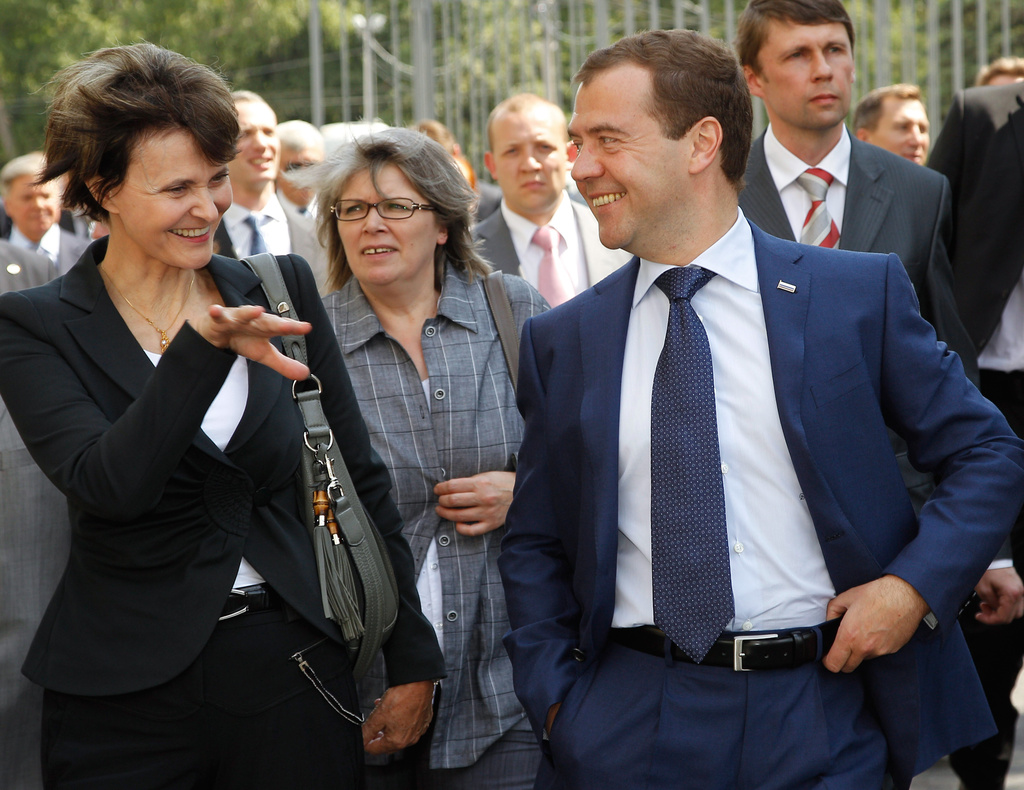
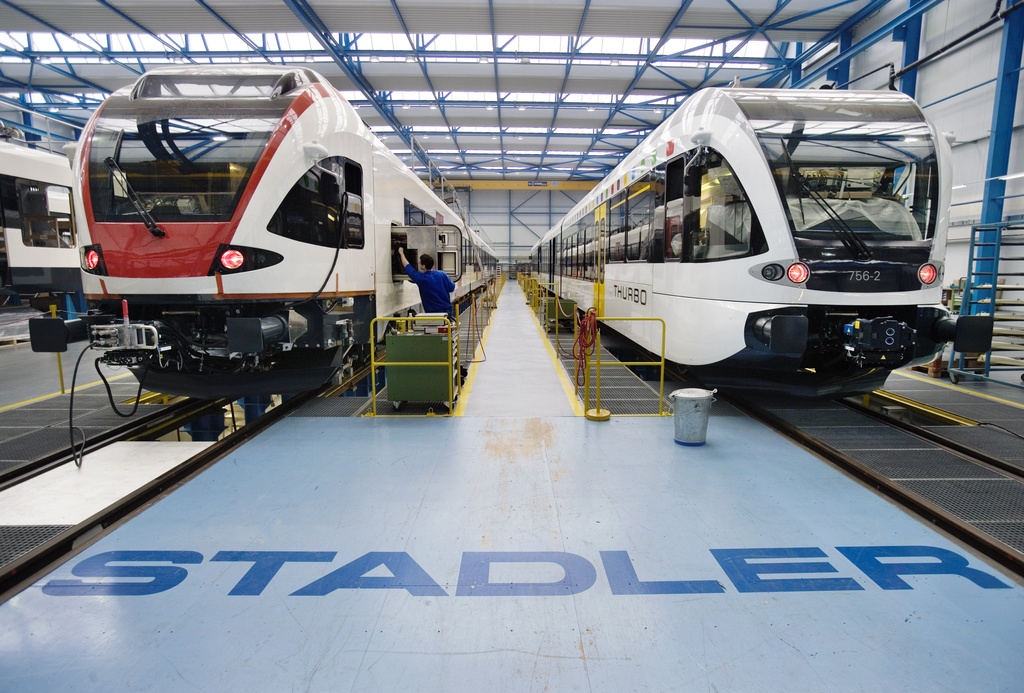

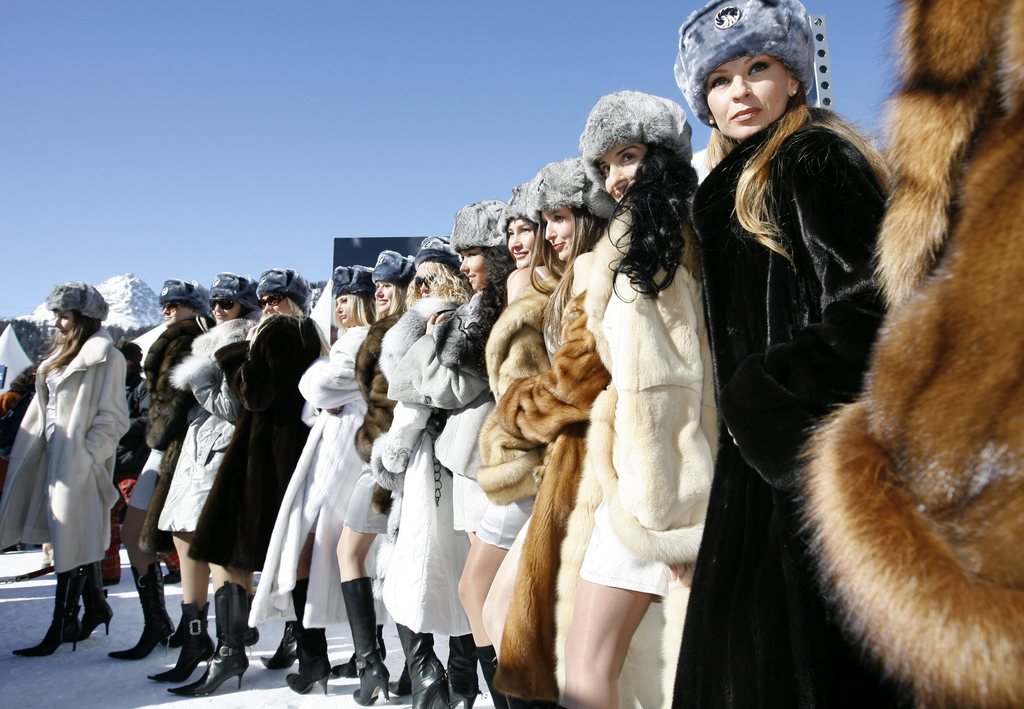
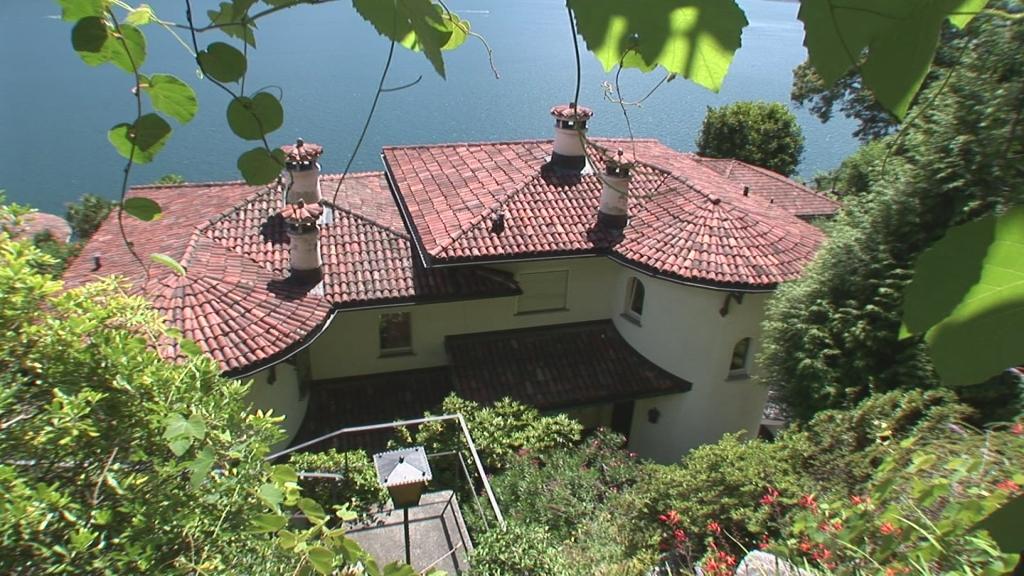
You can find an overview of ongoing debates with our journalists here . Please join us!
If you want to start a conversation about a topic raised in this article or want to report factual errors, email us at english@swissinfo.ch.